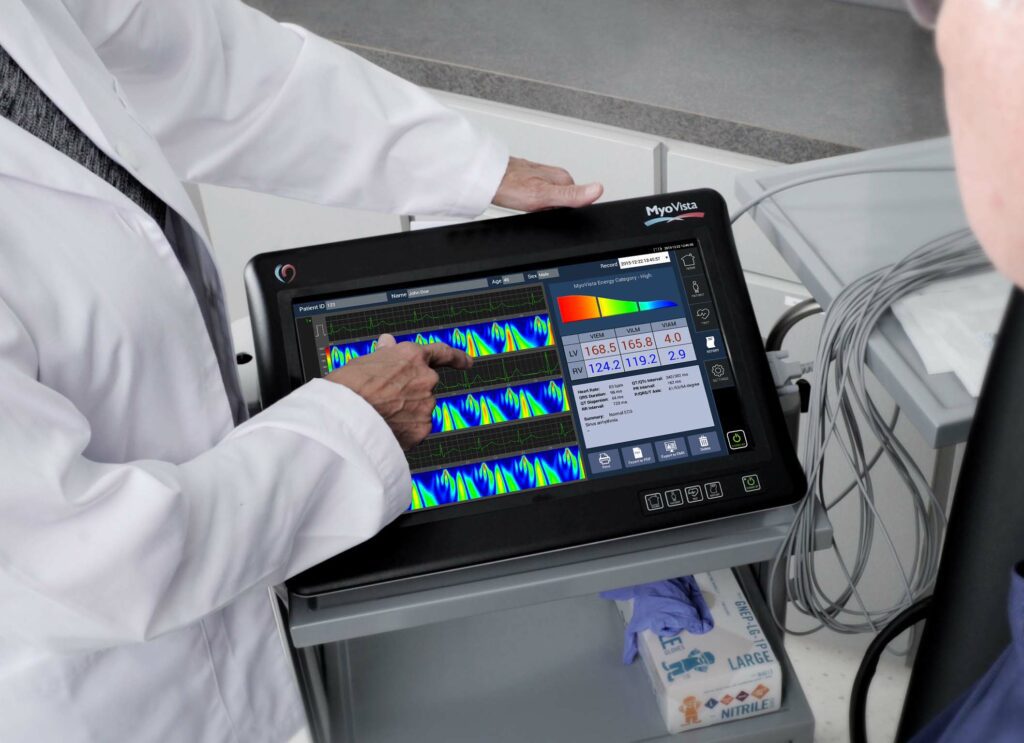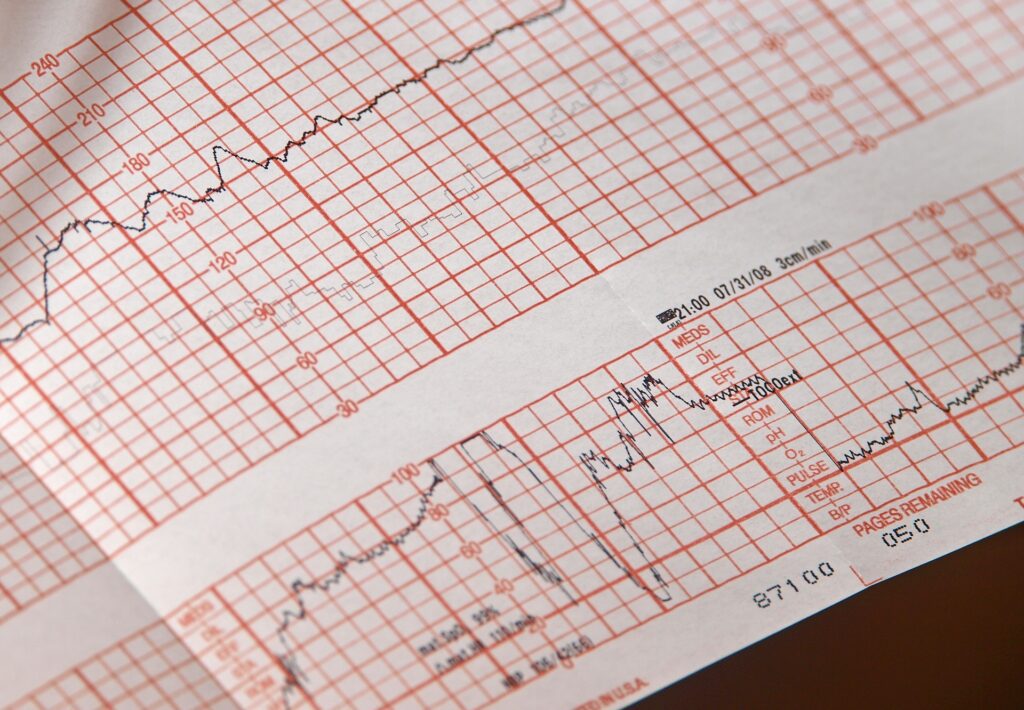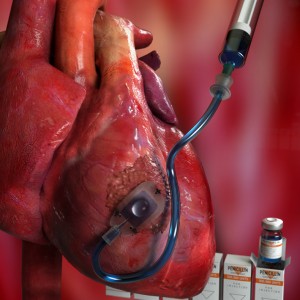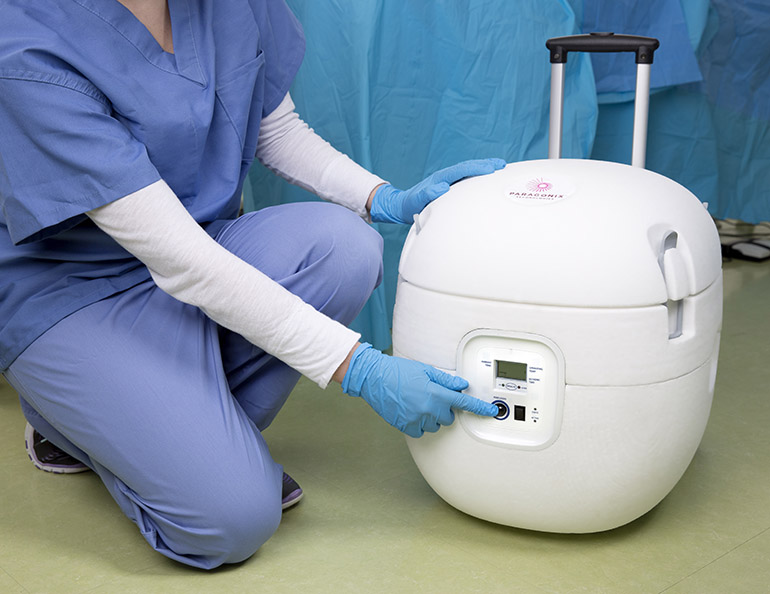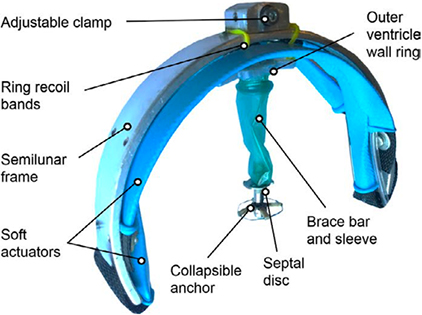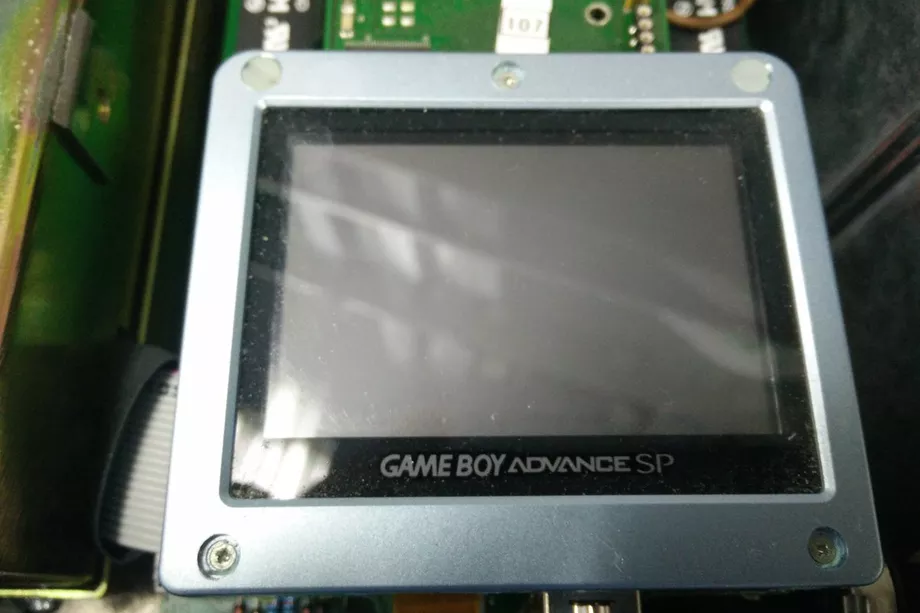Cardiovascular / Cardiology
HeartSciences Named “Start-Up to Watch”
SOUTHLAKE, Texas–(BUSINESS WIRE)–HeartSciences is delighted to have been highlighted as “Start-Up to Watch” in the June 8, 2018 issue of the MedTech Strategist. The article titled “HEARTSCIENCES: ARTIFICIAL INTELLIGENCE IMPROVES FRONTLINE RISK STRATIFICATION FOR HEART DISEASES” discusses HeartSciences’ role in addressing the current challenges and significant unmet need to identify heart disease at an early stage and reduce the…
Read MoreDoctors Told Not to Order ECG’s for Low-Risk Patients
Doctors shouldn’t routinely perform electrocardiograms on patients at low risk for heart disease, an influential federal panel is recommending. While an ECG test of the heart’s electrical activity is safe and inexpensive, the benefits for patients at low risk of heart disease are very low and the results can trigger possibly dangerous, unnecessary follow-up testing…
Read MoreImplantable Device Delivers Drugs Straight to the Heart
An international team of researchers, led by Harvard University, have developed a refillable, implantable device, which sits directly on the heart and can deliver drugs and other therapies to treat the aftereffects of a heart attack. The device, dubbed Therepi, is a small patch that is sutured onto the heart. The patch contains a sponge-like…
Read MoreClass I Recall Issued by FDA for Abbott’s HeartMate 3 Heart Pump
The FDA issued a Class I recall for Abbott’s HeartMate 3 left ventricular assist device due to possible twisting of the outflow graft that could result in a persistent low-flow alarm, which normally signals potential safety risks including low blood flow or clotting that could lead to serious injury or death. The regulatory agency recommends that patients experiencing…
Read MoreSherpaPak and SherpaPerfusion Donor Heart Transport Coolers Cleared in Europe
Paragonix Technologies, based in Braintree, Massachusetts, won European approval to introduce its SherpaPak and SherpaPerfusion cardiac transport systems. The devices are intended for maintaining hearts while they’re being transported from harvest in preparation for transplantation. The SherpaPak device relies on hypothermic static preservation to transport donor hearts, while the SherpaPerfusion uses hypothermic oxygenated perfusion preservation for the…
Read MoreEye Scan to Predict Heart Disease
Alphabet’s health science company Verily has announced a wide range of projects, from developing smartwatches made for medical studies to mass-producing infected mosquitoes to curb their population. Scientists from the division now have a new endeavor: Assessing heart disease risk by staring into patients’ eyes. In a paper (PDF) published today in the Nature journal Biomedical Engineering, researchers explained their method: An AI algorithm evaluated eye scans and,…
Read MoreTiny Heart Valves for Tiny Bodies
Congenital heart disease, the most common birth defect, can affect the heart’s walls, valves and arteries. The biggest problems associated with treating congenital heart disease are the limited availability and poor durability of replacement heart valves, said Henri Justino, M.D., director of the Charles E. Mullins Cardiac Catheterization Laboratories at Texas Children’s Hospital. Very few options exist for young children with congenital heart disease, he said.…
Read MoreCardiovascular Benefits of Using a Sauna
A research group from the University of Eastern Finland has published a series of studies demonstrating regular sauna bathing may be associated with a reduced risk of coronary heart disease, sudden cardiac death, hypertension, Alzheimer’s disease and dementia, according to a press release. The group’s latest work, published Dec. 21 in the Journal of Human Hypertension, highlights the…
Read MoreSoft Robotic Cardiac Assist Device for One-sided Heart Failure
Researchers at Boston Children’s Hospital have developed a novel robotic cardiac assist device designed to assist patients with one-sided heart failure. The device combines soft actuators with a rigid brace that penetrates into the heart’s intraventricular septum, to provide gentle but robust pumping assistance to just one side of the heart, without disturbing the activity…
Read MoreMedical Device Powered by Game Boy Advance
A Twitter user found himself perplexed today when he opened an older electrocardiogram measurement instrument and found the components belonged to a Game Boy Advance. The instrument is made by German company Medical Imaging Electronics and uses a wave produced by the ECG to electronically control a separate recording or imaging apparatus. At first look, it seems…
Read More
